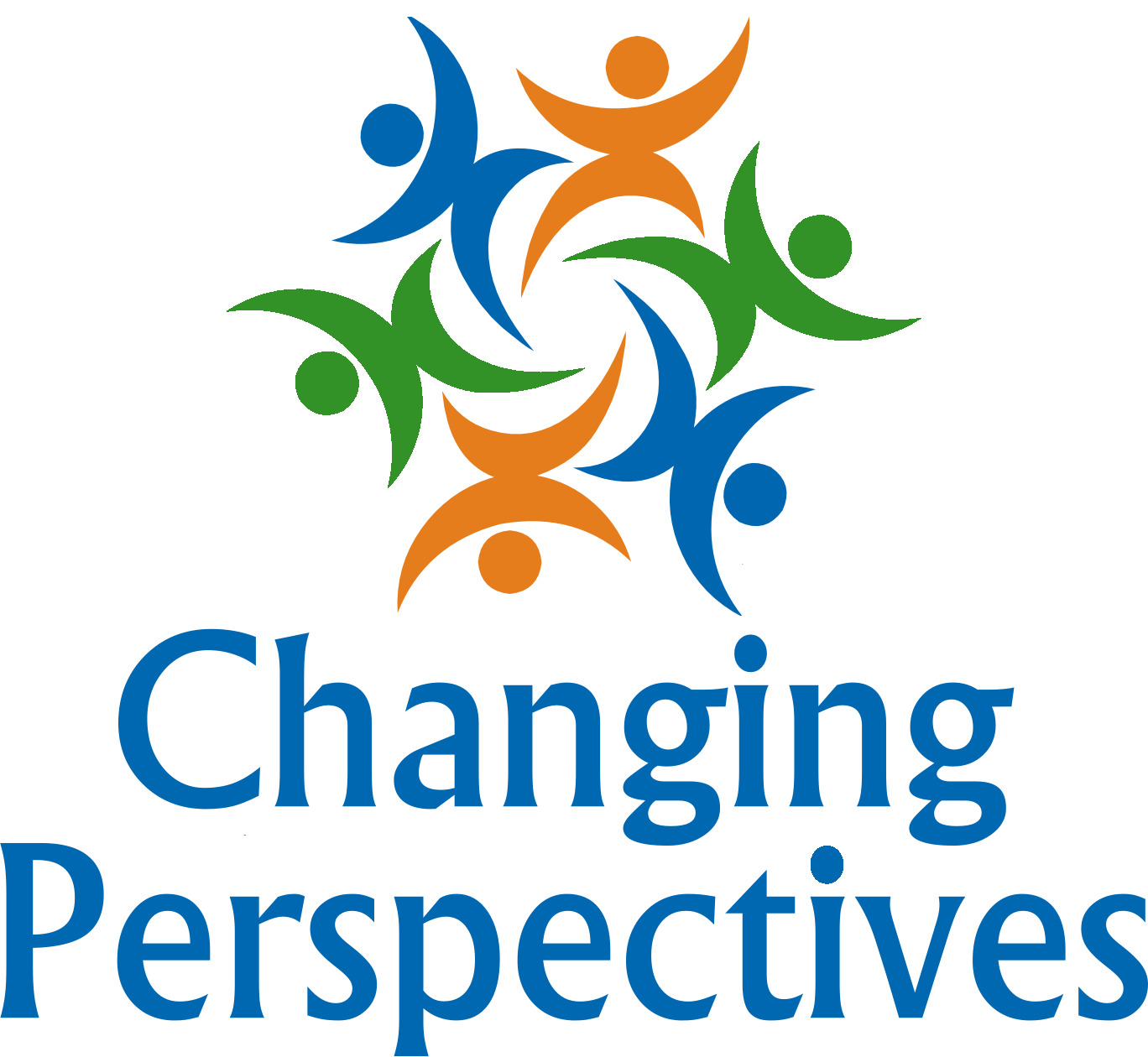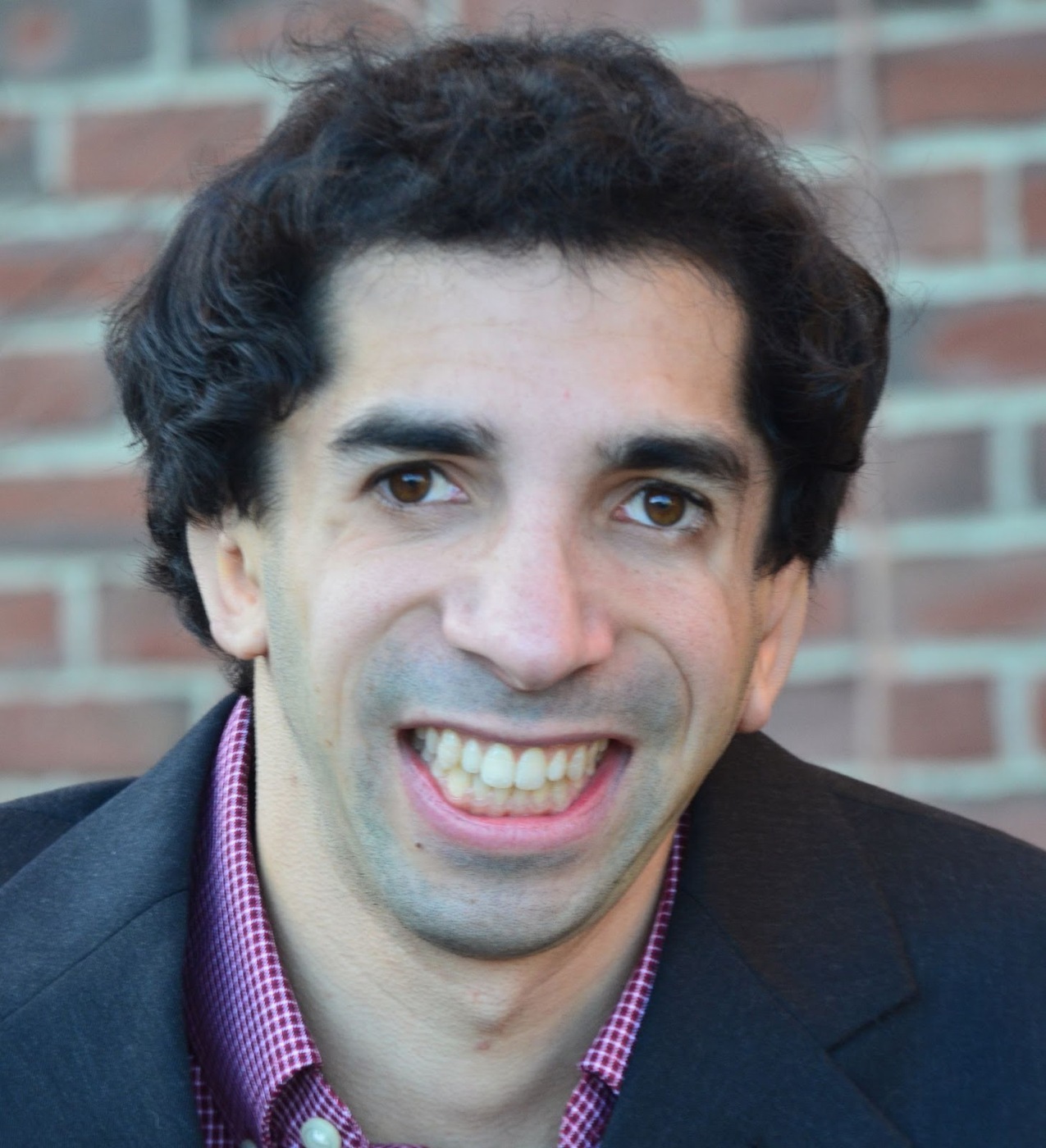
Caption: Changing Perspectives company logo
In March 2020, the spread of the coronavirus caused schools to shut down, shifting students to online classes and isolating them at home. The pandemic has been incredibly traumatic – aside from the isolation, there has been a huge and unexpected change to their lives, and many students have lost family, friends, and loved ones to the disease. While schools began reopening several months later, the disruption to the educational system has been far-reaching. Even more than three years later, hundreds of thousands of students have disappeared from public school rolls.
Aside from being responsible for the academic achievement of their students, schools also must prioritize social-emotional learning (SEL), teaching the skills that are important in the 21st Century, including self-awareness, self-management, emotional regulation, relationship skills, communication, collaboration, and empathy. Many of these skills are first taught in the early formative years, and are improved and perfected as students grow older.
However, COVID has significantly interrupted social-emotional learning for students. Those who are now in eleventh grade have missed part of their middle school experience, which is vital in shaping their outlook as adolescents. Third and fourth-graders are behind in learning basic social and emotional skills that they should’ve learned upon entering grade school.
Despite that delay, the academic expectations of schools haven't changed, says Sam Drazin, founder and executive director of national education nonprofit Changing Perspectives. For example, teachers are still expected to teach third graders certain content, but the class’ behaviors are so challenging to manage because students don't have the fundamental SEL skills they need to function at their current academic level. Furthermore, the worsening economic, racial, and political divides have made students more anxious and stressed than ever.
“Students have missed important social and emotional developmental milestones during COVID, but many schools and educators fail to recognize this,” Drazin says. “They just keep on chugging along as if nothing happened, and then they later realize that they can't. In order to support students in their academic gains, they need to first address the social-emotional gaps, which manifest through students’ worsening mental and emotional health.”
While often called “soft skills”, social-emotional learning is very crucial, especially in today’s Information Age. According to Drazin, rote memorization of facts is no longer as important as before, but, in order to succeed in a modern work environment, people need to know how to communicate, both written and verbally. They need to be able to collaborate with people who have different backgrounds, perspectives, and expertise from them, which requires empathy. All these skills are important to be successful today, and students must be prepared for the global marketplace, facilitated by technology. Knowledge-based industries are larger than ever, and many people are eschewing traditional work, say, in a factory and instead working as consultants and freelancers, where SEL skills are extremely valuable.
This problem has affected not only students, but also teachers. The teacher shortage in the US is worsening due to teacher burnout. Class sizes are increasing due to the lack of teachers, and these teachers are encountering problematic and challenging student behaviors due to deficient SEL skills. This creates a vicious cycle, causing teachers to burn out faster and retire earlier, further worsening the shortage.
“Due to the worsening economic situation and low pay for teachers, fewer people want to be teachers because it’s very hard to make enough money to survive. It's a really demanding job, especially with more challenging students now,” Drazin says. “We, as educators, have big problems in our hands. Internally, there's a problem with the shortage. Drazin questions whether we are really able to prepare students to be empathetic, collaborative, communicative individuals of the world? Nobody can make significant academic or professional gains if their social-emotional needs aren't being met. So we really need to flip the switch with our schools by looking at social-emotional wellbeing first before academics and test scores.”
Changing Perspectives works with schools and school districts across the US to solve these issues by promoting social-emotional learning and cultivating inclusive and equitable learning communities for all students. It provides curricular resources to teach SEL skills to students in a more proper and inclusive way. The curriculum also includes disability awareness, emphasizing the importance of understanding and empathy for fellow students. Changing Perspectives’ work also includes individual coaching, professional development training, and resources for families.
“The lessons in the Changing Perspectives curriculum offer a solid foundation for the development of self-esteem, awareness of others, empathy, social interaction, and communication skills,” says a School Counselor in Maryland. “I would recommend Changing Perspectives to other educators because it offers very practical, useful lessons to help students with emotional regulation and strategies to help navigate their surroundings successfully. I appreciate all the support given to our school this year. Changing Perspectives is always willing to lend a hand, and is very resourceful.”

Caption: Sam Drazin CEO of Changing Perspectives
Media contact:
Name: Sam Drazin
Email: [email protected]






